Thousands of NEET toppers have unknowingly apply 80/20 Rule in NEET. When used consciously, the Pareto Principle can turn average preparation into top-tier performance. Remember, smart preparation is about doing more with less and that’s exactly what the 80/20 Rule helps you achieve.
Table of Contents
- Understanding the 80/20 Rule
- Application of the 80/20 Rule in NEET Preparation
- 2. Targeted Approach For Exam Preparation
- 3. Prioritize Quality Over Quantity During Study Hours
- 4. Planning Revision On The basis Of 80/20 Rule
- 5. Use Available Resources Efficiently
- 6. Manage Your Time Wisely
- 7. Evaluate Your Own Performance
- 8. Emotional Wellbeing & Mental Health
- Common Mistakes to Avoid When Using the 80/20 Rule for NEET
- Conclusion
Students curious to understand what the 80/20 Rule in NEET must note that the 80/20 Rule is named after Italian economist Vilfredo Pareto. According to this rule, 80% of outcomes result from 20% of causes.
The National Eligibility cum Entrance Test (NEET) is one of the most competitive medical entrance examinations held in India. With over 20 lakh aspirants competing for a limited number of MBBS and BDS seats each year, success in NEET demands smart work and strategies. One such dynamic principle that can augment your performance is the 80/20 Rule, also known as the Pareto Principle.
This article aims to outline what the 80/20 Rule is, how it is implemented in NEET exam preparation, and how NEET aspirants can use it to prepare their study plan, revise more effectively, and improve their chances of cracking NEET and securing their seats with a top rank.
Understanding the 80/20 Rule
In other words, a small amount of effort often produces the majority of results. This principle was originally viewed in economics but was later applied to other fields, including business, management, and even exam preparation.
When this principle is applied to NEET preparation, it means that 20% of the topics prepared and practiced may lead to 80% of your exam performance. The key is to recognize and concentrate on those significant areas.
Also Check: How to Mark Your NEET OMR Sheet Without Errors?
Application of the 80/20 Rule in NEET Preparation
Here are some of the most effective ways to apply the 80/20 Rule to your NEET exam journey:
1. Focus on Productive Topics
NEET has a pattern; there are certain topics from which questions are asked repeatedly every year and they carry a higher weightage. In such a case the 80/20 Rule should be applied to study those topics that contribute to the majority of questions.
Physics:
- Mechanics
- Current Electricity & Magnetism
- Modern physics
- Thermodynamics
Chemistry:
- Organic chemistry (named reactions, mechanisms)
- Coordination compounds
- Chemical bonding
- Equilibrium
Biology:
- Human physiology
- Genetics & evolution
- Cell biology
- Plant physiology
- Ecology
These 20–30% of topics can contribute to 70–80% of the questions in the exam. Mastering these ensures a strong core foundation and maximizes your score.
Also Check: How to Improve Speed and Accuracy in NEET 2025: Check Quick Tips
2. Targeted Approach For Exam Preparation
The targeted topic as well as section section-wise approach, will ensure improvement in your overall performance. Instead of solving thousands of questions blindly, prioritise your study by focusing on the following:
-
Previous Year Questions (PYQs): By solving and going through NEET previous year questions, students can cover around 80% of NEET syllabus and can even recognize the pattern and prepare the repeat concepts from past 10–15 years of exams which will help them to get a grip on the important sections and topics.
-
Take Mock Test Analysis: Identify the relevant topics or questions where you make repeated and most of your mistakes. Re-examine and strengthen those areas.
3. Prioritize Quality Over Quantity During Study Hours
Many students presume that a 10–12 hours a day study approach is necessary for clearing an exam, but forget that while consistency and persistent hard work are mandatory, the 80/20 Rule reinforces quality over sheer quantity.
One must reflect on oneself and ask:
- Am I doing 2 hours intense study or passively studying for 10 hours?
- Are my study sessions of 20% fruitful enough to provide me with retention of 80%?
Toughest topics should be scheduled for the most productive hour of the day to increase efficiency during study.
4. Planning Revision On The basis Of 80/20 Rule
Time based planned approach is necessary in the months leading up to NEET. Here’s how to approach smartly:
- Frequent and thorough revision of highly speculative and recurring topics in the exam is mandatory.
- For quick revision go for 20% of highly recommended concise notes, which include NCERTs as well as class notes.
- Identify and work on the 20% of the questions you frequently get wrong and create flashcards or notes around them.
- This selective revision saves time and improves retention, especially for subjects like Biology, where rote memory plays a big role.
5. Use Available Resources Efficiently
Students are often swamped by the availability of the number of books, apps, coaching materials, and online resources . It is here that they can apply the 80/20 Rule to focus on:
- NCERT books: For NEET, NCERT accounts for around 80–85% of the Biology and Chemistry questions and are more than enough to clear the exam.
- Top 20% of resources: Choose the few that not only match your learning style and provide high returns but also which covers the relevant sections and topics which are recurrently asked in previous years. Don’t waste time hopping resources.
Sticking to one’s selected resources should be the need of the hour.
Also Check: 10 Time Management Tips & Techniques for Students
6. Manage Your Time Wisely
Even in the 3-hour NEET exam requires efficient use of the 80/20 principle in the following manner:
- During the first 20 minutes go through the easier questions and solve them quickly.
- Difficult questions should be approached towards the end once you have solved the easier ones.
- Mark difficult questions and return to them later if time permits.
This helps improve your attempt rate and minimizes panic thereby ensuring that easy marks are not left out due to poor management of time.
7. Evaluate Your Own Performance
Every student should be able to determine their strengths and weaknesses. The 80/20 Rule helps in personalized improvement:
- Students should be able to locate the 20% of the topics where they lost their marks.
- 80% of productivity is lost in 20% of habits like procrastination, lack of sleep, and lack of exercise. Some studies suggest that exercise helps to boost memory, hence, it is necessary to identify the habits that are unproductive and work on eliminating them to increase one’s output.
Fixing just a few key problems can lead to a significant boost in your overall performance.
8. Emotional Wellbeing & Mental Health
Half of the battle in competitive exams depends on one’s mental strength. Here, also the 80/20 Rule is applicable in the following manner.
- Just 20% of persistent positive habits, such as regular exercise, mindfulness, journaling, and proper sleep, can help improve 80% of your stress levels.
- 20% of toxic distractions like social media, negative peer comparison that might be responsible for wrecking one’s 80% of your focus. Hence, such distractions should be avoided at all costs.
A healthy and calm mind is responsible for improving retention, learning speed, and motivation, all of which are essential for cracking the NEET exam.
Also Read: How to Revise Whole NEET Syllabus in Last 3 Days
Common Mistakes to Avoid When Using the 80/20 Rule for NEET
1. Giving equal importance to all sections: All chapters and topics are not equal in NEET. One must focus on the important sections and topics repeatedly asked in previous exams, and must also check the NEET exam pattern.
2. More Focus and preparation of minor topics: spending hours and weeks on less significant topics, which are rarely asked or carry low weight, is a sheer waste of time and will not yield the desired result.
3. Not tracking your assessment: Without self-assessing which 20% of mistakes are making you lose most of the marks will be a heavy mistake and the student will not be able to improve their performance, which will eventually lead to frustration and further decline in performance.
4. Switching Resources: Constantly jumping from one book to another or coaching material weakens one’s focus and wastes a lot of crucial time.
Conclusion
The 80/20 Rule is an important perspective that helps determine an aspirant’s approach towards NEET exam preparation. By implementing a proper strategy, one can make significant improvements in their efficiency, confidence, and scores.
To encapsulate:
- Master important and recurring topics.
- Focus on NCERT,PYQs and class notes.
- Identify your weak points and improve them. Do not constantly switch resources.
- Take Mock test analysis.
- Do not waste time, strategize your time wisely.
Also Read: Minimum Marks Required in NEET 2025 for MBBS in Government College












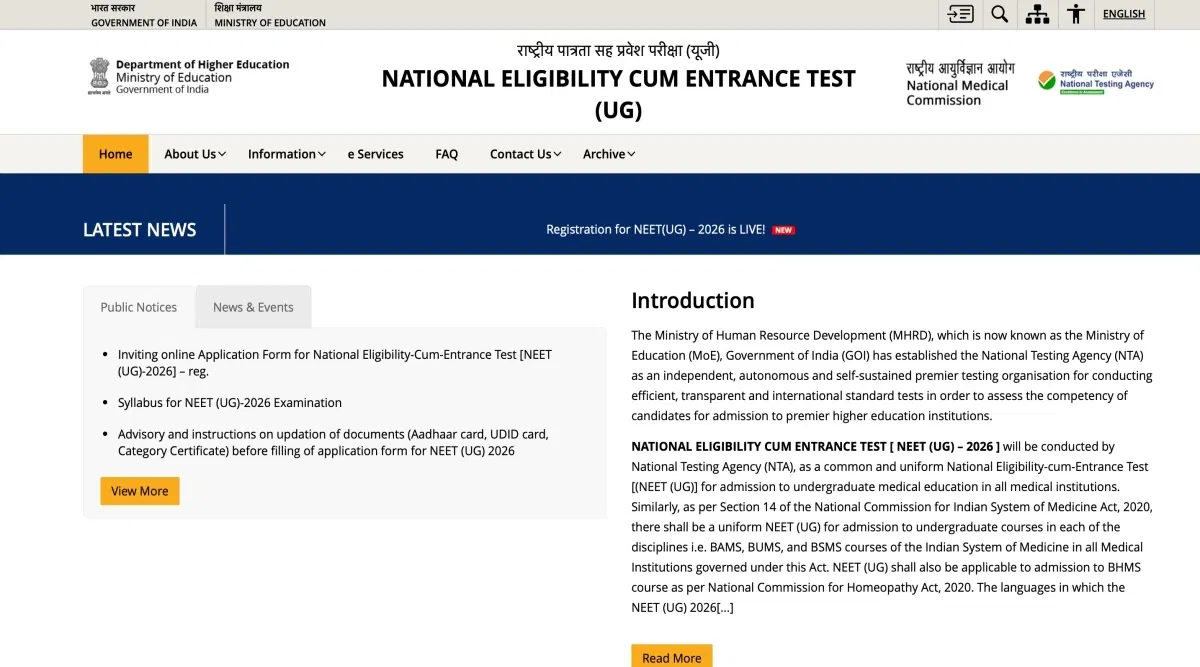

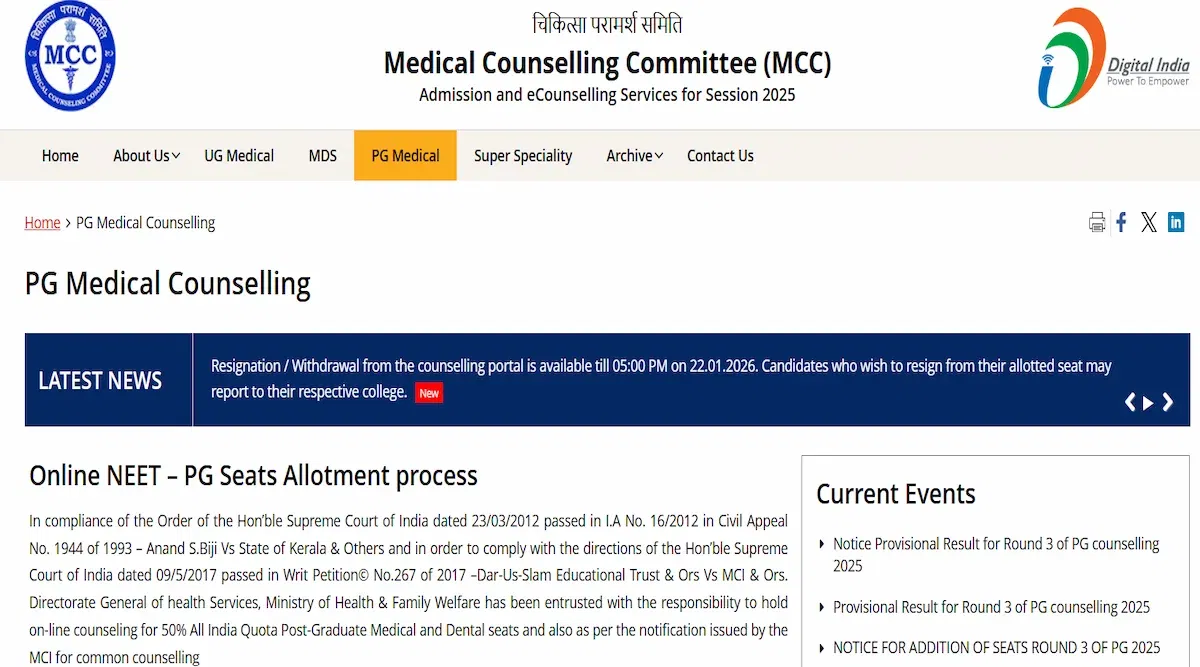
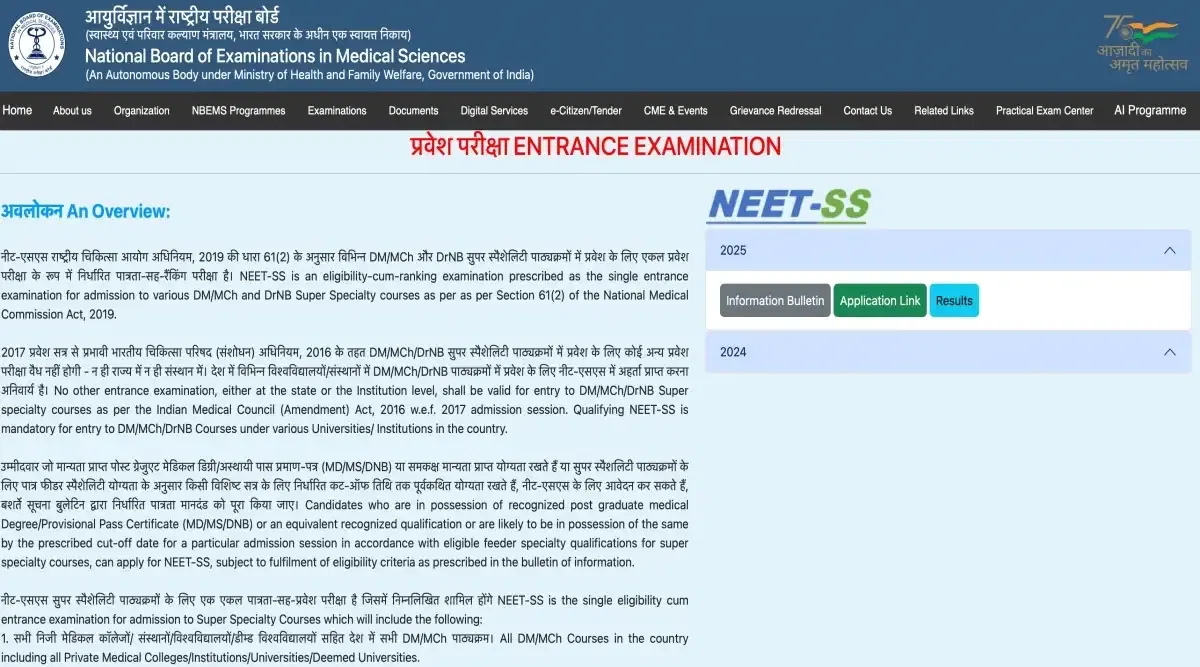

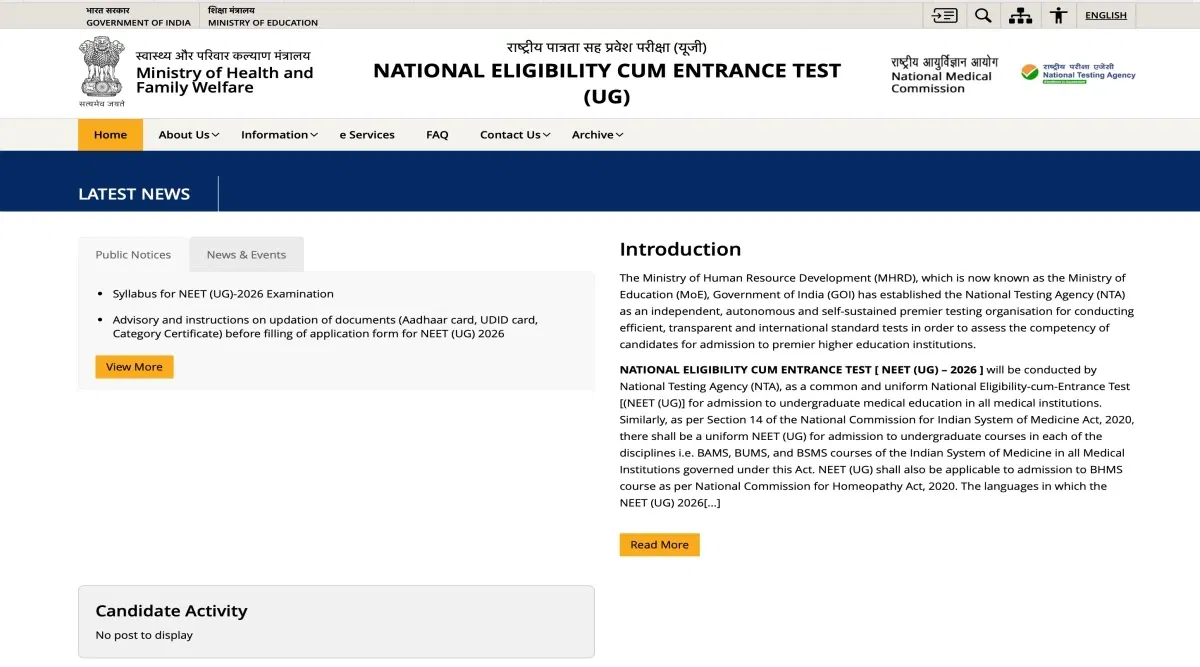


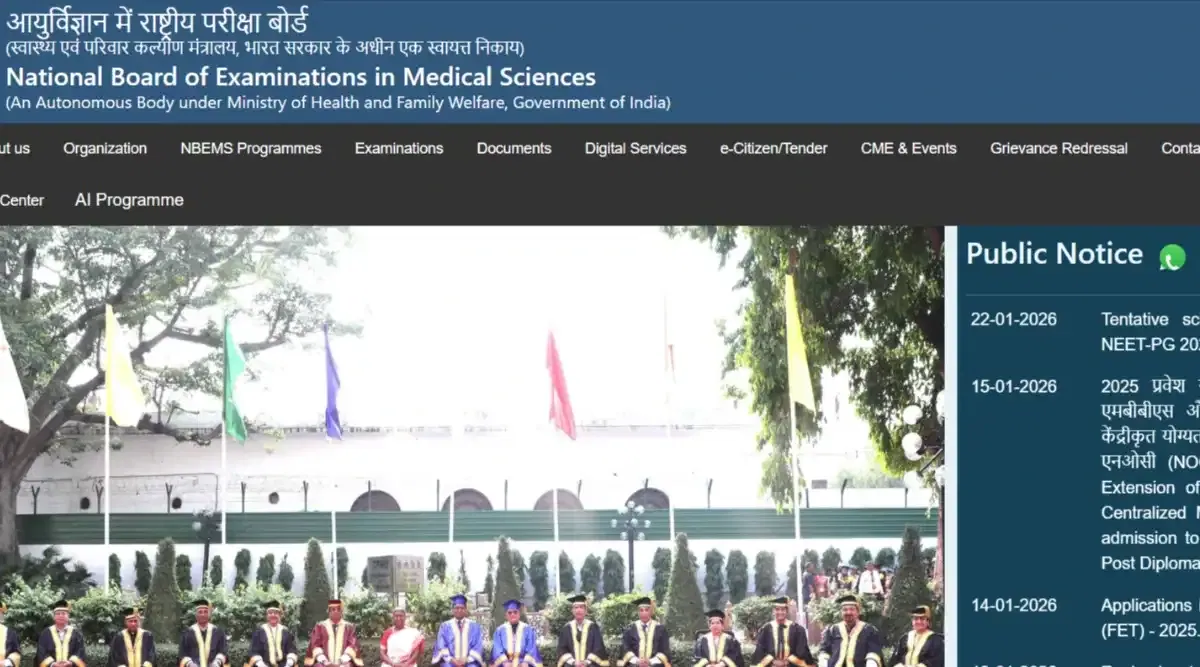
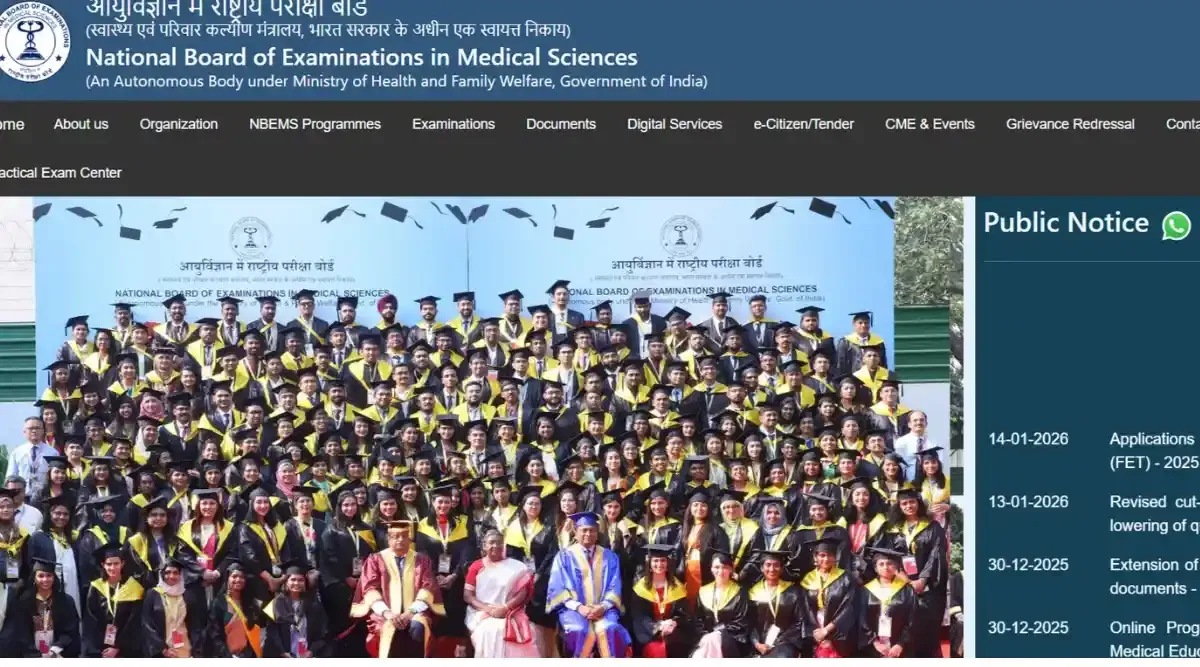

POST YOUR COMMENT